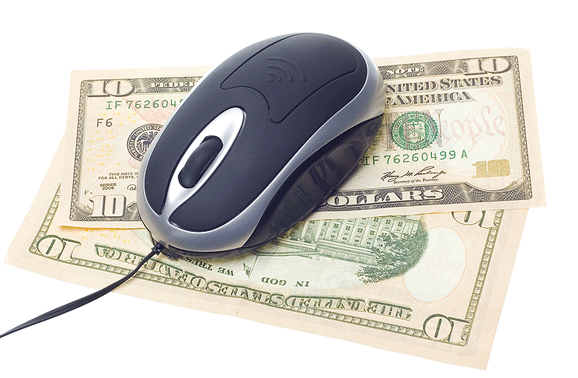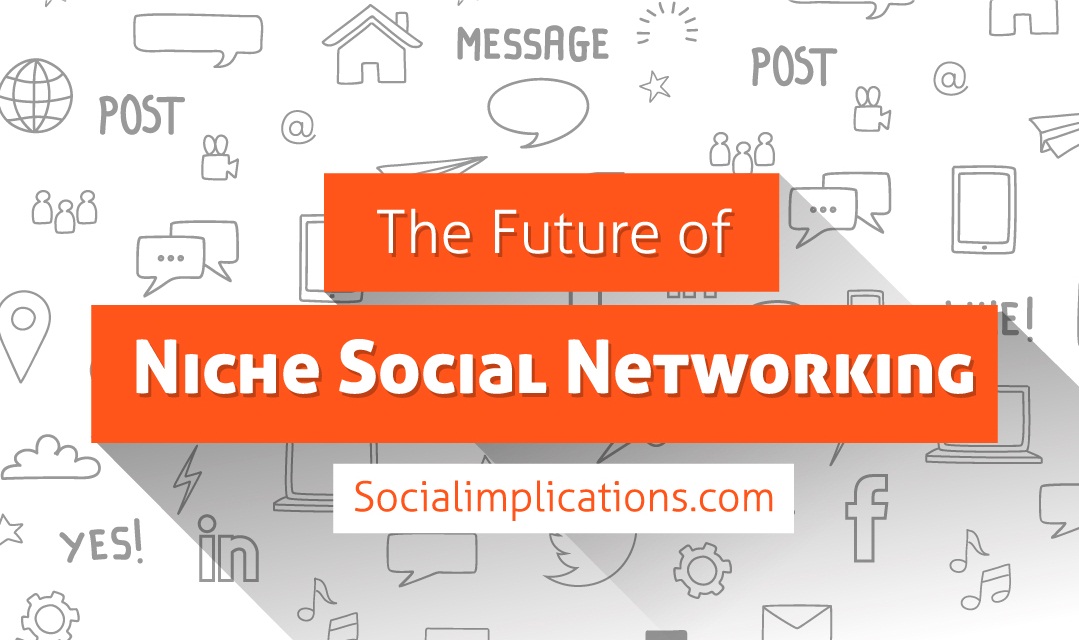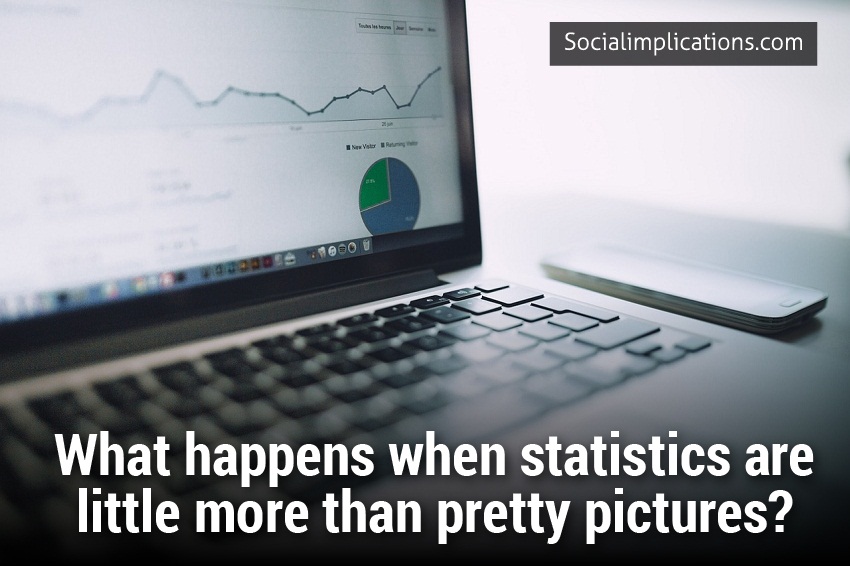Is anyone else tired of all of the conversations about who “owns” social media in business (or who should)? Okay. I know I’m not the only one. So why do many people still not get it? No one owns social media. Everyone owns social media. It’s what you choose to make of it.
I hate to break it to my former colleagues in the PR crowd, but social media didn’t get big because it was all about conversation and connections. It got hyped up back when social networking was still young because there was a crap-ton of money to be made. John and Jane Does were able to make small fortunes. (Just ask Ashley Qualls.) Word spread. That’s why Internet marketing had the stronger presence early on.
When did it become more about “conversation” and connections? When that crap-ton of cash started drying up due to oversaturation in the then-big social media outlets (meaning of course the good old “Myspace marketing” days). Social media tools were still springing up. People were still willing to play. But from a business perspective they needed other ways to validate their existence.
That’s not to say PR doesn’t have a place. It does. Social media tools are a natural fit with the PR industry. But they’re a natural fit for marketing folks too. And for others. In the end, here’s what really matters. We need to start accepting that social media has value beyond its value for each of us as individuals. Let’s take a quick look at how social media tools offer value to three different groups — all of which are the “right” way to use social media, as long as it’s the right way for you or your business.
Social Media for Marketing
You can get your message out to a lot of people at once (yes, even one-way communication still). You can conduct market research in new ways or at least on a different scale. You can have ads and other marketing material spread virally.
Social Media for Public Relations
You can listen to what customers are saying on a broader scale and use it to make better decisions. You can directly interact with customers (and other audiences) without past detachment, no matter what your position is within a company. You can put out, and spread, real-time information without jumping through traditional media hoops — especially useful during crisis response situations.

Social Media as a Business Model
Yep. You can even still use social media tools to directly make money. I should know. It’s where the bulk of my own income comes from these days — professional blogging for clients, my own social Web properties, and selling my own products to customers through social outlets. I’m far from the only one. And there’s nothing devious about it. There’s this mistaken belief in some circles that making money with social media somehow makes you inauthentic.
I tend to take a different view — making money directly from social media frees me up to be far more authentic than people “in the game” as a mouthpiece for someone else or those constantly on guard for fear of losing their job or clients for their firm. I also find it enables me to give more back to my audience. And the income enables me to dedicate even more time to interacting with that audience because I can justify spending more time with social media over pursuing other business interests. So yes, social media can be a business model, and for more than the big guys owning the social networks. People do it every day.
So who “owns” social media: marketing or PR folks? Neither. What’s the “right” way to use social media? Use it (almost) any damn way you please. Exceptions: spamming, cyber-stalking, cyber-bullying or otherwise causing harm to others. But when you do, please acknowledge that the social Web exists for more than your ego-centric self. Your way is no more valid than mine. My way is no more valid than yours. And in the end, the kid down the street probably has us both beat anyway.














Ha ha, I just love the comment about the “kid” down the street – it’s so profound. I came here to learn about social media and its implications for small business. I’m an ‘older’ web designer trying to learn how not to be left behind, I think I’m going to have to get one to one tuition. Anybody seen that kid?
The only way to be left behind is to turn a blind eye to all things social media. Settle on a single tool to start to get a better feel for what kind of time you can really invest in it (might be Facebook or Twitter or something more specific to the design niche in your case — or even adding a blog to your website). Don’t get caught up in fads or trends (if it’s new enough that all the “gurus” are yapping about it and insisting you try it, it’s almost guaranteed that the bulk of your audience isn’t there yet). You don’t have to be on top of the latest and greatest to avoid being left behind. You just have to be where most of your target is. And then of course you have to actually talk to them (social media is not a spectator sport).
Thanks for your advice. I have a blog and I’ve studied Twitter. I shall concentrate on those two things then (actually I hate Facebook). I’m interested to see if older people (45+) are using social media. My niche is definitely more mature people who want to trust one person to look after things for them, I think they are possibly bemused by the (too clever) “kids”. Talking to them is what I hope to aspire to. Web design can be too clever by half, it’s not really any different to what it was ten years ago – matching up to search terms and converting people is still the aim. Companies manufacturing software would like us to believe it’s much harder than it is. I’m convinced by your statement that the market is still way behind…
I’m with you on Facebook. 😉 I just let others make up their own minds. I consider them a shady company at best, not one I’ll associate with, and not one I’d sign up for and therefore encourage others in my network to sign up for. Others find use in it and aren’t as bothered by their repeated ethical issues. That’s perfectly okay. You can make any tool work for you as long as you know what you’re getting into in the first place.
As for whether or not that age group is using social media, here’s a report you might want to check out. This one is from last year, but it gives you a good idea of social media’s use in various age groups. Even then we were looking at 61% adoption for the 30-49 range and nearly half of the 50-64 population was using social media.